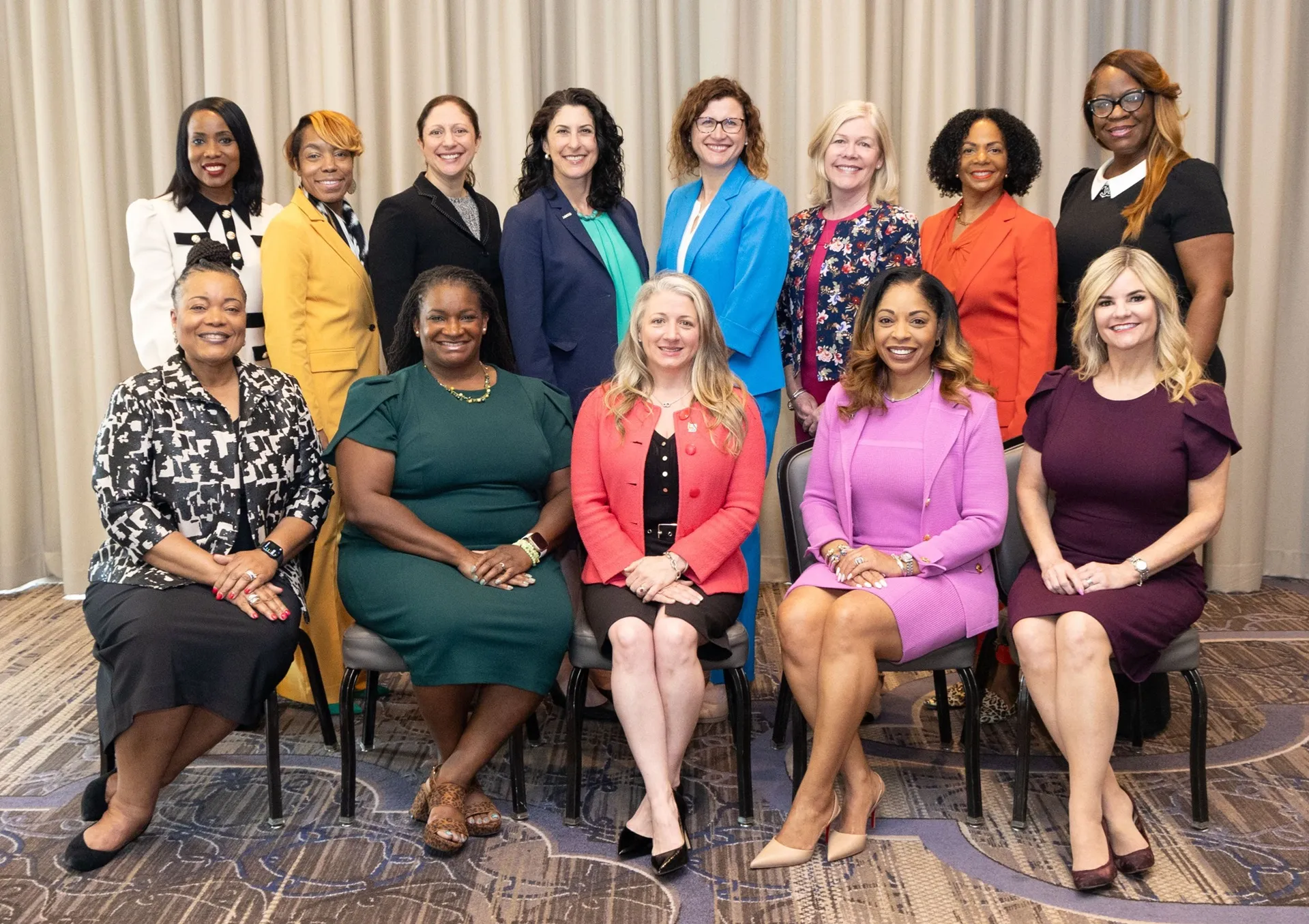The Traffic Group has promoted Anthony Guckert to executive vice president, Glenn Cook to senior vice president and Carl Wilson, P.E, PTOE, to vice president. Guckert will oversee staff working on both public and private sectors throughout the United States, Cook will handle the preparation of traffic impact studies and other plans, while Wilson’s responsibilities include managing projects throughout Maryland and neighbouring jurisdictions.
Guckert, who heads up the Traffic Data Collection Services Division, has knowledge of traffic data collection and continues to participate in testing new equipment and verifying the latest techniques in conducting traffic counts.
Cook frequently testifies before numerous Courts and County and Municipal boards in Maryland, Virginia, New Jersey, Delaware, West Virginia and other states, as an expert in the field of traffic engineering and transportation planning. He has over 45 years’ experience in traffic engineering and transportation planning in both the public and private sectors as well as dealing with challenges associated with receiving public agency approvals.
Wilson's scope of projects varies from analyses at a single intersection to the preparation of Interstate Access Point Approvals, which involve studies at interchanges along freeway corridors. He has previously worked on the senior engineering staff at the office of Traffic and Safety of the Maryland State Highway Administration, where his duties included program management for the Candidate Safety Improvement Program and the Intersection Capacity Improvement Program.
Traffic Group announces three senior leadership appointments
The Traffic Group has promoted Anthony Guckert to executive vice president, Glenn Cook to senior vice president and Carl Wilson, P.E, PTOE, to vice president. Guckert will oversee staff working on both public and private sectors throughout the United States, Cook will handle the preparation of traffic impact studies and other plans, while Wilson’s responsibilities include managing projects throughout Maryland and neighbouring jurisdictions. Guckert, who heads up the Traffic Data Collection Services
February 5, 2018
Read time: 2 mins










